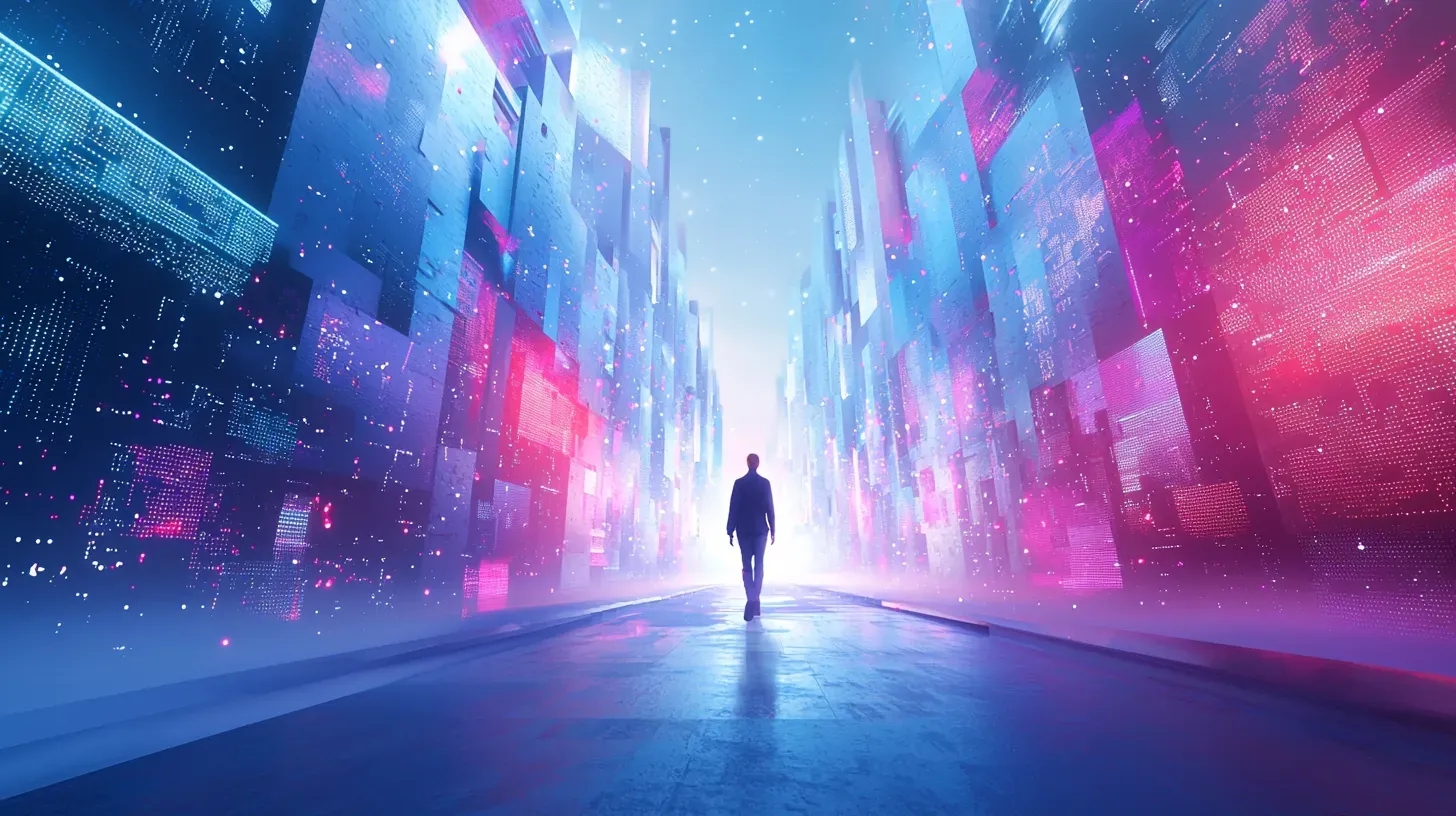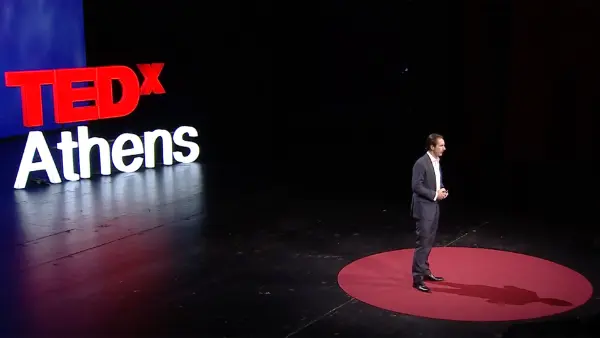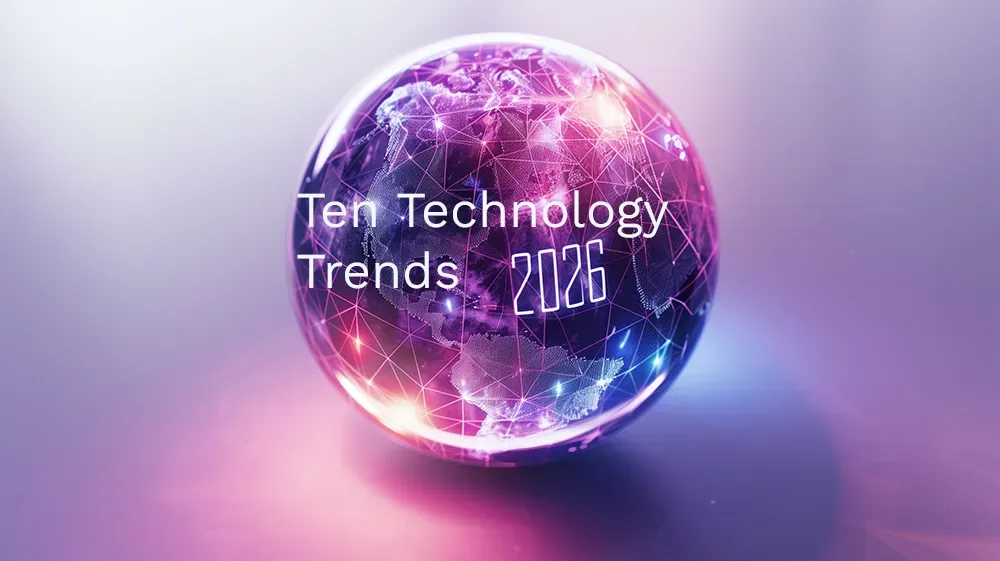Riding the Tsunami of Change: From Awareness to Action in the Intelligence Age

As we stand on the precipice of a new era, one thing is undeniable: the pace of change is unprecedented, and its impact is sweeping across every facet of life. From technological revolutions driven by Hyper Moore’s Law to the societal shifts of the Digital Renaissance, the forces at play are reshaping the world in ways that demand our attention, understanding, and action.
The question is no longer whether we can keep up. It is whether we can lead the way. Will we seize the opportunities of exponential progress to build a future we’re proud to inhabit? Or will we allow this wave of transformation to crash over us, leaving us scrambling in its wake? The choice is ours.
Awareness: The First Step Toward Agency
The first step in navigating this transformation is acknowledging its scale and velocity. Change is no longer incremental; it is exponential, compounding at a rate that defies intuition and overwhelms traditional frameworks. Yet only a small fraction of society, visionary founders, venture capitalists, and a handful of business leaders, truly grasp the magnitude of what’s happening.
This knowledge gap is dangerous. How can humanity ride this tsunami of change if so few understand its nature? If the 20th century was defined by the widening gap between the industrialized and the developing world, the 21st century risks being defined by the gap between those who see exponential change and those who remain blind to it.
Awareness is not optional; it is survival. And with awareness comes responsibility: the responsibility to act, to adapt, and to shape the trajectory of these forces rather than simply absorb their impact.
The Personal Dimension: Living in the Machine

On a personal level, technology is rewriting the rules of daily life. Privacy has become a battleground as data collection grows pervasive. Your every click, swipe, and spoken word may already belong to an algorithm.
Employment landscapes are shifting as automation and AI redefine work, creating new roles while rendering others obsolete. If your job feels safe, congratulations, but don’t get too comfortable. Your next colleague might not need coffee breaks, weekends, or even a desk. They may be a digital agent, infinitely scalable, always available, and endlessly efficient. Even McKinsey has now acknowledged this fact and is replacing thousands of expensive strategy consultants with AI agents.
Even our most intimate daily routines are in flux. From how we communicate to how we learn, consume, and entertain ourselves, algorithms mediate more of our choices than we realize. Netflix decides our culture; TikTok shapes our attention spans; LinkedIn increasingly defines our professional identities. To live today is to live with and often through machines.
The Professional Dimension: Disruption as the Default
Professionally, industries are in flux. Companies face a stark choice: integrate emerging technologies or risk irrelevance. But adopting tools is not enough; the difference between fleeting survival and long-term leadership lies in strategy, ethics, and vision.
Data literacy is now as essential as reading and writing. Digital fluency isn’t a “tech skill” anymore; it is the baseline of employability. In this reality, leaders must ask not just what tools to adopt, but why and for whom.
The temptation is to chase efficiency, but efficiency without ethics is a short road to collapse. Integrating AI, for example, isn’t simply a technical decision, it is a moral one, affecting workers, customers, and entire communities. Leaders who fail to see this are not just behind the curve; they are actively undermining the trust on which their future depends.
The Societal Dimension: Systems Under Stress
Societally, the implications are profound. Governance systems must evolve to match the speed of technological advancement, crafting policies that balance innovation with accountability. Today’s laws often lag decades behind today’s technologies. In an era where AI can draft legislation, we cannot afford political frameworks that take years just to debate it.
Education systems, too, face a reckoning. Schools designed for the Industrial Age cannot prepare students for the Intelligence Age. Adaptability, critical thinking, and lifelong learning are no longer “soft skills”; they are survival skills.
Cultural norms are shifting as well. Traditional structures of authority, belonging, and meaning are challenged by a digital, globalized reality. Religion, media, and even the family unit are being refracted through a technological lens. What once bound societies together is being reconfigured by connectivity and code.
Examples abound. International collaborations like the Paris Agreement demonstrate how collective action can address global challenges. Initiatives such as the OECD’s AI principles highlight the importance of shared frameworks for responsible innovation. These efforts underline the need for systemic, collaborative approaches, not isolated experiments, to navigate exponential change.
This Is Not Just Another Industrial Revolution

Too often, commentators reach for the analogy of the Industrial Revolution to explain today’s transformation. The metaphor is wrong. The Industrial Revolution was powerful, but it unfolded across centuries. Today’s change happens within years, or months.
This is not about steam engines and factories. This is about intelligence itself being externalized, automated, and accelerated. We are not just retooling machines; we are reprogramming society’s operating system. The scale, scope, and speed of exponential change are historically unique.
Which means the stakes are higher than ever.
The Revolution Is Already Here
This is not science fiction. Hyper Moore’s Law and the forces of exponential change are accelerating daily, demanding that we think bigger, act faster, and plan further ahead. The revolution isn’t coming, it has already arrived. The only constant in this Digital Renaissance is change itself.
To thrive, we must commit to adaptability, resilience, and collaboration. Futures thinking offers the tools to navigate uncertainty, empowering individuals and organizations to transform disruption into opportunity.
The key question becomes: will we seize this opportunity to drive innovation ethically, sustainably, and inclusively? Or will we allow these rapid changes to deepen inequalities, disrupt societies, and destabilize democracies?
That is where my new book Now What? How to Ride the Tsunami of Change comes in. In it, I explore how exponential technologies are not only disrupting industries but fundamentally redefining how we work, interact, and build value and I offer a practical framework that enables organizations to strategically leverage disruption for measurable competitive advantage. Because awareness without action is paralysis. Knowledge without direction is noise.
What does it mean to be human in an age of machine intelligence? How do we preserve empathy when algorithms can mimic it? How do we cultivate wisdom when the pressure is always toward speed?
In my new book, these questions will guide us. For the next revolution is not just technological, it is spiritual, ethical, and deeply human.
The future is not something that happens to us. It is something we build together.







